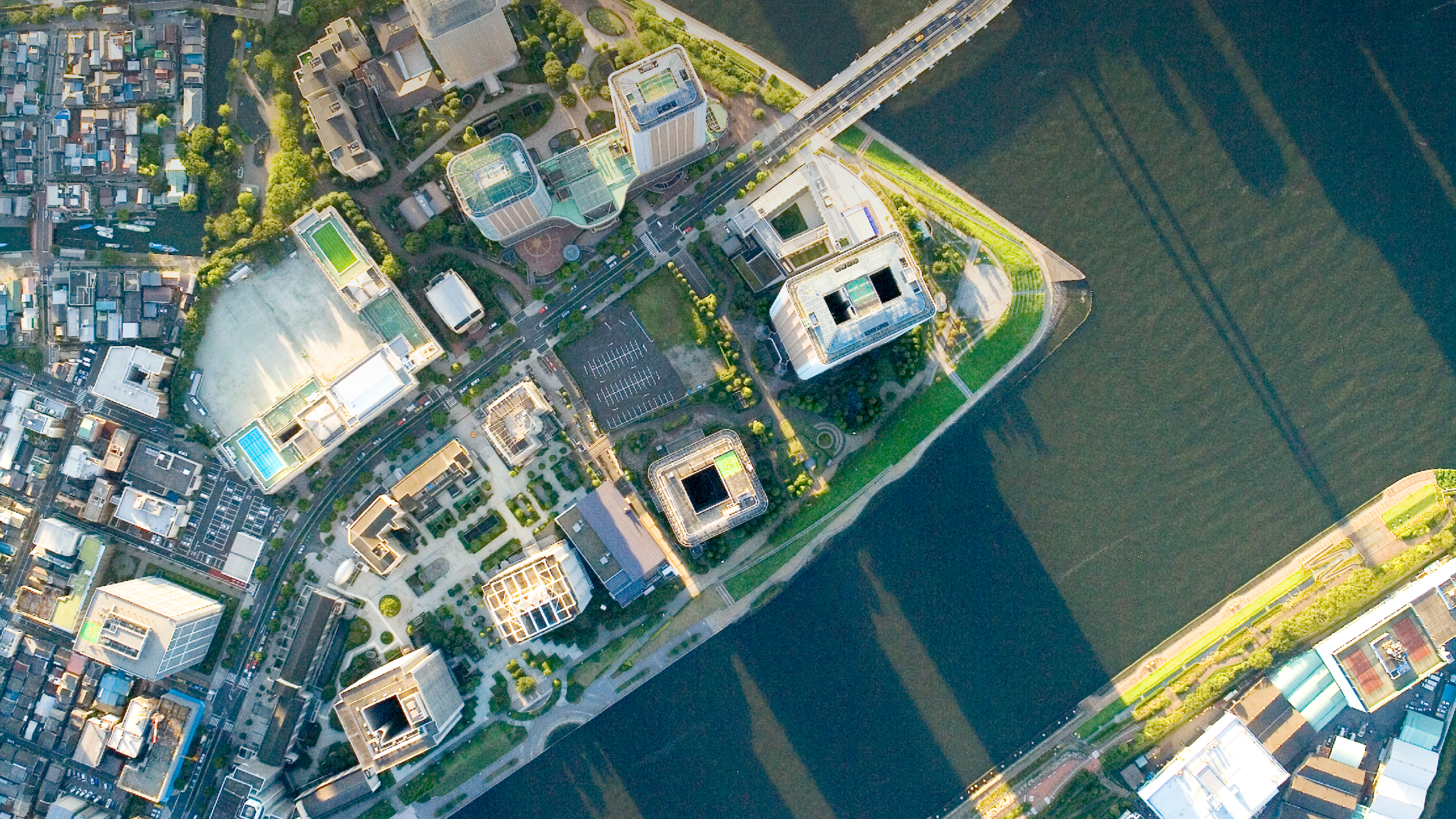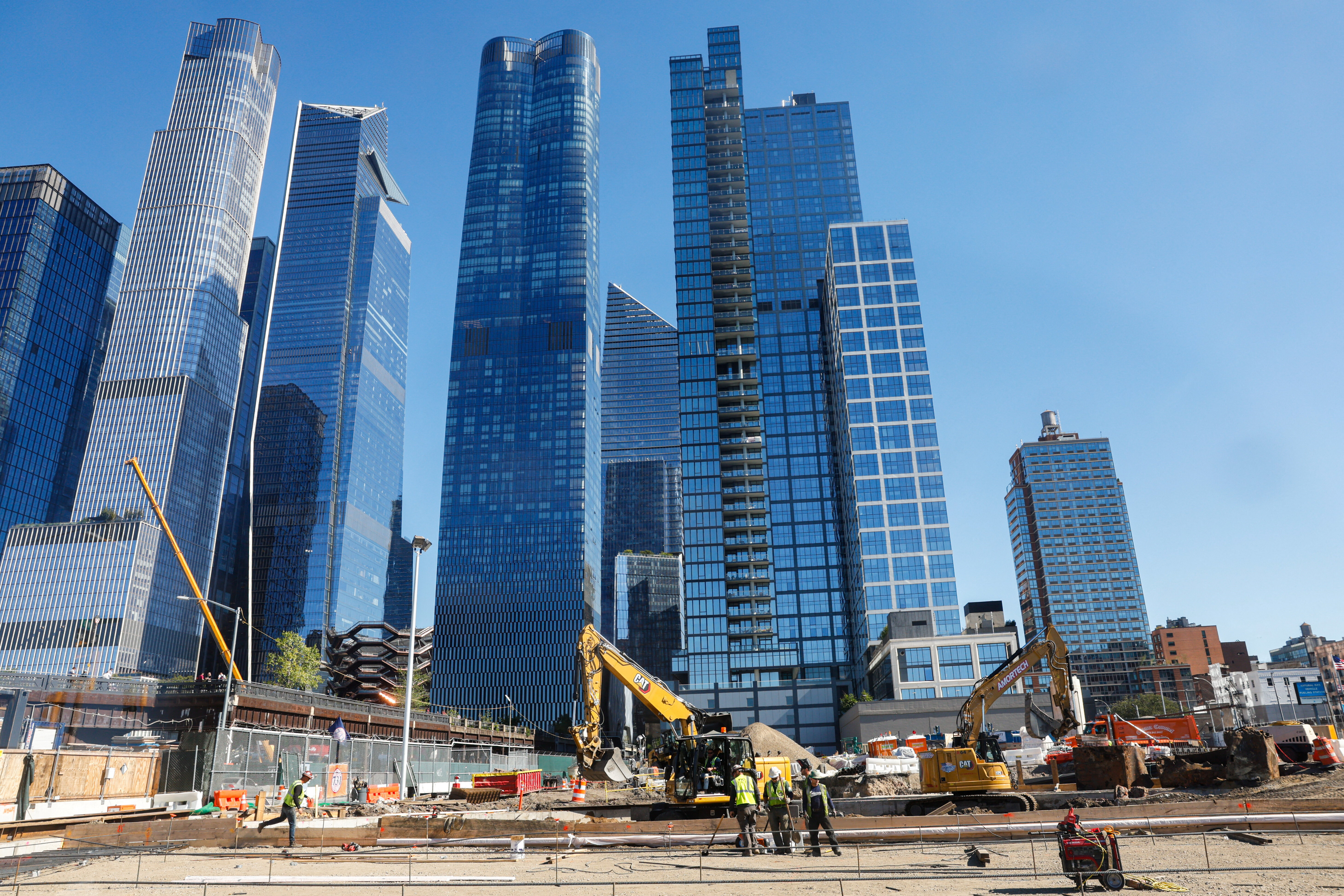Cities are key to tackling global challenges. But we need to learn to work better with them

Just as most urbanists are not diplomats, most diplomats are not trained urbanists. Image: REUTERS/Gary Hershorn
This week, representatives from United Nations member states will gather in Quito, Ecuador for Habitat III to discuss a global agenda around sustainable urbanization. The following week, representatives from cities around the world will gather in Miami for CityLab 2016 discuss urban innovation. Although there will be some overlap in the participation of both events, it’s still worth asking what role foreign ministries have to play in urban innovation.
Cities are rising powers, as their populations, economic production and carbon emissions indicate. This rise is sometimes coupled, in a zero-sum logic, with observations on the diminished stature of the nation-state but the dichotomy is false. Cities will continue to rise, and nation-states will continue to be at the forefront of managing the norms and structures that have undergirded international security, economic growth and development since World War II.
Nonetheless, if national governments want to make progress on pressing transnational challenges such as terrorism, food security and climate change, the international community will need to identify approaches and structures that enable, rather than encumber, the innovative policy approaches of cities around the world. This is not as easy as it sounds. Just as most urbanists are not diplomats, most diplomats are not trained urbanists.

So what roles should the international community be looking to play?
Let’s consider four approaches the international diplomatic community can take almost immediately. The first draws upon the traditional areas of competency and expertise of diplomatic corps. As a recent C40 and Arup report Potential for Climate Change made clear, political and regulatory barriers at the national level can place a ceiling on the work cities can do themselves. Foreign ministries are the natural channel for capital-to-capital policy sharing as it comes to national policies that can unlock progress on global challenges at the local level. This is true from funding for infrastructure crucial to economic growth to information sharing for security and during a terrorist attack. Encouraging vertical policy integration can be done in bilateral settings but is also a diplomatic conversation especially appropriate for multilateral platforms such as the G20.
The second approach involves amplifying and expanding the work beyond done by the leading city networks. These networks, such as C40 and the Rockefeller 100, have enabled cities to emerge as policy innovators at the forefront of countering climate change and building resilience. They do not, however, include all potential cities or address the wide array of transnational challenges that directly affect cities. Capitals around the world should encourage the expansion of networks to cities currently left out of them, and encourage and support network building around policy issues that currently lack them.
A third, and related, approach for national governments is in the realm of applying civic technology, or civic tech. While utopic visions of technology-driven peace and prosperity may have faded, new technologies to help make cities safer and more prosperous—and thus their countries more stable—have been developed around the world. Notable examples include the Safecity, a mobile phone application developed by a non-profit to report and deter sexual harassment in India, and Opengov, a platform which helps municipalities not only analyze but also share their budgets and performance measures. The developments in the civic tech space are noteworthy in their own right, but they also have an intriguing international dimension. Solutions developed for a set of problems in one city might well be applicable to a completely separate set of problems—often with geopolitical dimensions—in another city.
A fourth approach is something of a moonshot, the sort of policy objective only achieved through large-scale international accords, and requires participation from foreign ministries to finance ministries, as well as development banks. There has been no accord on city data such as the one consummated after World War II that makes national economic data comparable. Just take a look at the limits of the municipal debt market in the developing world, where only four percent of the 500 fastest growing cities have international credit ratings. A uniform standard for data would be a huge step for finance and other urban efforts, including public health and good governance.
In the September/October 2015 issue of Foreign Affairs, former mayor of New York City Michael Bloomberg announced the rise of the “Metropolitan Generation” in what he called the “City Century.” In describing the rise of cities, Bloomberg’s frustrations with Washington, London, Berlin, and beyond shine through. Cities are collaborating across borders to solve global challenges that, he noted, national capitals encumbered by political paralysis are failing to meet. However, Bloomberg resisted announcing the end of the nation-state, noting that city leaders are not seeking to “displace their national counterparts but rather to be full partners in their work—an arrangement that that national leaders increasingly view as not just beneficial but necessary.”
The nation-state is not over and the city-state is not the future. As a group, cities have neither the coherence nor independence of powerful nation-states. If the international community is going to address the global challenges it so often speaks of, it must learn how to better work with and harness cities. Expanding networks, integrating policy hierarchies, and applying new technologies: as a programmatic approach it’s not nearly as sexy as the subject matter itself, but it would enable cities to continue to iterate, innovate and help deliver on global goals. Rather than encumbering cities, it’s time to fully enlist them.
Don't miss any update on this topic
Create a free account and access your personalized content collection with our latest publications and analyses.
License and Republishing
World Economic Forum articles may be republished in accordance with the Creative Commons Attribution-NonCommercial-NoDerivatives 4.0 International Public License, and in accordance with our Terms of Use.
The views expressed in this article are those of the author alone and not the World Economic Forum.
Stay up to date:
Youth Perspectives
Related topics:
Forum Stories newsletter
Bringing you weekly curated insights and analysis on the global issues that matter.







